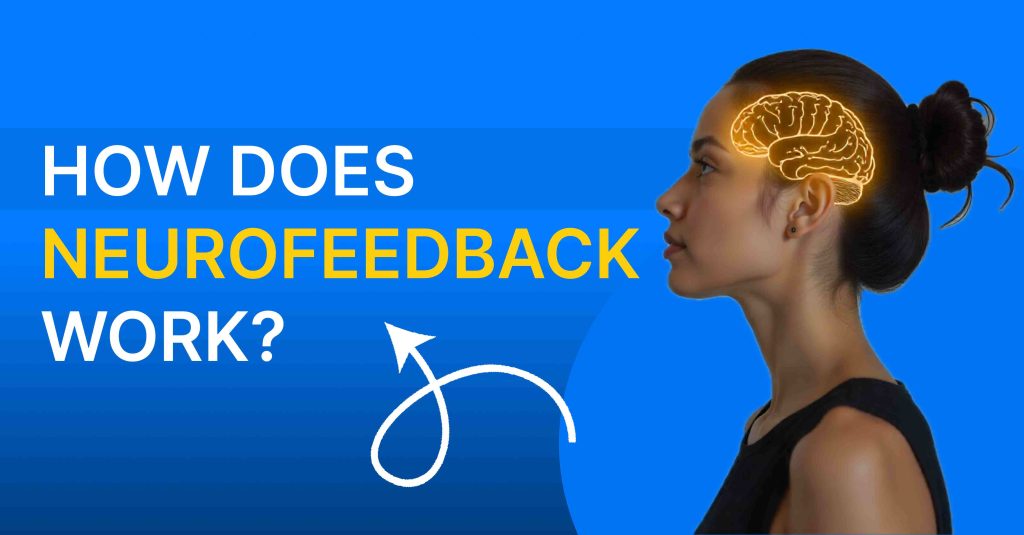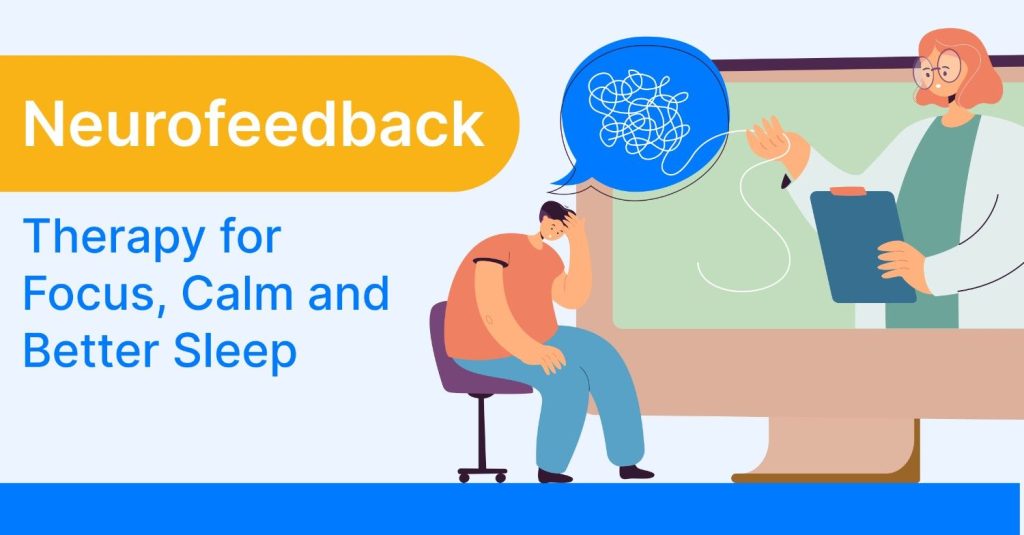A person suffering from severe depression needs to be dealt with in a strategic way, for betterment. Here are 10 useful tips that you can apply.
In 2018, the World Health Organisation (WHO) declared India as the most depressed country in the world, followed by China, and the USA. In India, it was found that at least 6.5 % of the population was suffering from some form of depression, like bipolar disorder, postpartum depression, etc., that was affecting their emotional health, physical health, and overall quality of life. Overall, around 300 million people suffer from severe/major depression, according to the WHO report.
How to spot the lesser-known warning signs in a person suffering from severe depression
Depression is a mental disorder where a person feels sad consistently and loses interest in normal daily life activities and social activities. This condition can also hamper a person’s professional and personal life, where their outlook on life gets transformed and their depression symptoms put them at suicide risk.
According to Psycom, the common symptoms of depression include weight gain, weight loss, loss of interest in everyday activities, insomnia or excess sleeping, constant feeling of fatigue, social anxiety, symptoms of physical illness like headaches, digestive issues, etc.
While these are known to be the most common symptoms of depression, there are other subtle hints that most of us tend to ignore, thinking that the person is simply ‘calling for attention.’ But it’s important to note that some people may be acting in a certain way, as they may be suffering from this mental illness.
Here are the lesser-known signs that you should be aware of:
- Slow body movements: People with depression may move around slowly and even talk in a slow manner. For them, communicating seems like a daunting task.
- Forgetfulness: Does your loved one forget the simplest of details such as the time he/she is supposed to meet you, or what day it is? It could be a sign of severe depression, which also makes the person absent-minded. People with this mental illness often zone out during conversations or stare at the television, without really paying attention to what is being shown.
- Indecisiveness: People with depression also suffer from indecisiveness where they may take hours to choose between a cheese pizza or a pepperoni one.
- Beating themselves up: If you notice your loved one beating themselves up over a silly mistake and being plagued by feelings of worthlessness, it could be a symptom of depression. People suffering from severe depression often go through immense feelings of guilt, low self-esteem, and self-doubt.
- Inability to emote: Sometimes, people find it difficult to grieve over a loss or be loving towards their partner. Feeling numb or inability to emote is one of the most overlooked signs of major depression.
- When someone repeatedly talks about ending his/her life: It may seem like a joke at first, but if a person keeps talking about killing himself/herself, be warned.
- A sudden change in appearance: This too is a sign that is often not paid heed to. A person suffering from major depression may undergo a drastic makeover such as chopping off hair, feeling elated, or seek attention.
How you can help someone suffering from severe depression
Now that you know how to spot the signs, here’s how you can help.
- Make the person aware of the condition: Sometimes, depressed people themselves may not know that they are suffering from this mental health condition. If you feel your loved one is, you need to bring it to his/her notice. Tell them about the signs that you have spotted and provide ways in which they can be helped. Remember to approach them in a calm and composed manner.
- Acknowledge their feelings: Sometimes, all that a person with depression needs is a good listener. Listen to your loved one and acknowledge his/ her feelings. Assure them that you will be there with them every step of the way.
- Educate yourself: Look up the signs and symptoms that a person suffering from severe depression is displaying. Educate yourself about the condition and look up treatment methods that you can recommend to your loved one.
- Create a plan for the person: Learn about the activities that your friend once enjoyed and motivate him/her to participate in those. It could be as easy as playing a sport together, cooking together, taking a walk together etc. It may be a task, but as they say, try till you succeed.
- Inculcate positive affirmations: Research has shown that positive affirmations are powerful and can bring about significant changes in one’s personal as well as professional life. Make your loved one repeat powerful affirmations such as ‘I am happy, I am healthy,’ etc. You can refer to a link here for guidance.
- Take care of yourself: It can be challenging to take care of someone suffering from severe depression. Hence it’s essential for you to take care of yourself so that you can take care of your loved one. If you feel frustrated or bogged down by negative thoughts, talk to your friends and family about it. You can even join a self-help group or seek therapy.
What you should NOT do to a person who is suffering
Now that you know what you should do, here are some things you should not do.
- Don’t try and solve the problem: Don’t try and look for solutions to your loved one’s problems. Simply hearing them out and acknowledging their feelings is half the battle won.
- Don’t dismiss the person’s feelings: People who are ignorant about the signs of depression tend to say stuff like “you are overreacting” or “it’s a silly matter, you’ll be fine.” Such statements make your family member or friend with depression feel that you are dismissive of his or her feelings. Instead, using statements such as ‘ I understand you,’ or ‘I’m here for you’ is effective and beneficial.
- Don’t leave your loved one alone: Some people suffering from severe depression, tend to be suicidal. If your family member or a friend with depression is suicidal, don’t leave him or her alone at any cost.
- Don’t suggest treatment methods without consulting a professional: While some forms of depression can be overcome with therapy and counseling, other forms may need medication. At no cost should you suggest any of these treatment methods without professional help?
Spotting the signs and following these techniques can help you and your loved one go a long way.
Disclaimer: This is not medical advice but suggested techniques that you can try. If none of these seem to work, you may need to consult a health professional and need an advanced form of treatment for depression.
Here’s a long-lasting solution to help a loved one
Neurofeedback: With this effective treatment, you can overcome your depression completely. To learn more, watch this video.
In addition to these tips, Brain & Co. offers med-free treatment that could help you overcome some of the challenges that come with depression/anxiety/sleep issues etc. Visit our website or give us a call to learn more.





